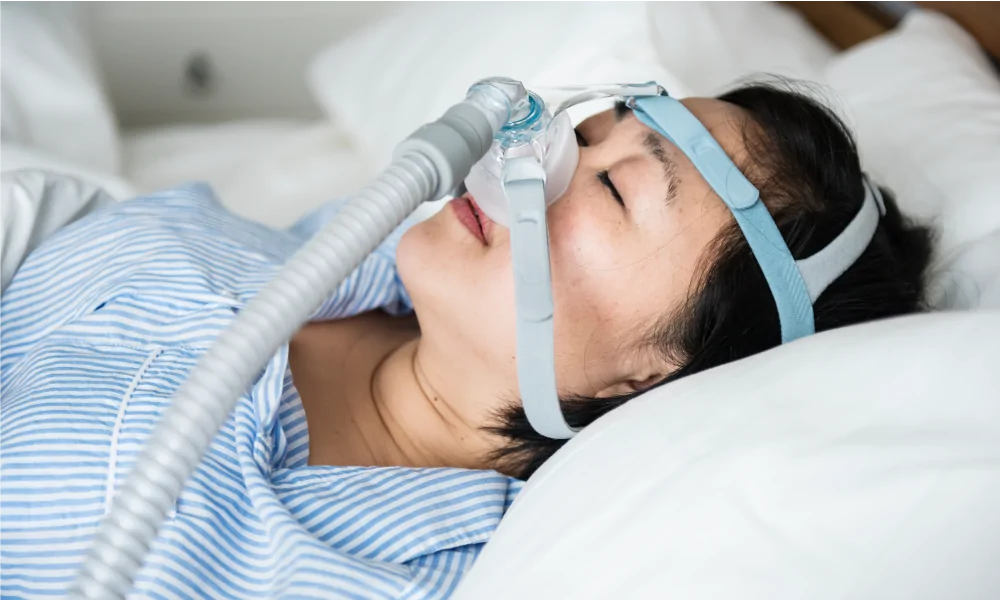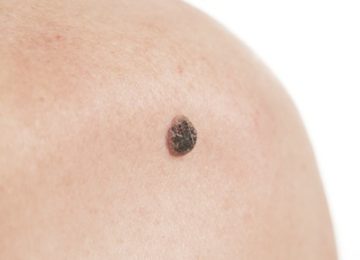Obstructive sleep apnea is a common sleep disorder that blocks or collapses the airway while you sleep. This can make you stop breathing for 20–30 seconds at a time, many times during the night. If left untreated, sleep apnea can increase the risk of high blood pressure, heart disease, stroke, diabetes, and headaches. A lot of people may have sleep apnea and not realize it. Here are four signs that could indicate you might have it.
You’re a Noisy Sleeper
Snoring, snorting, or gasping during sleep can be a warning sign of blocked airways. While not everyone who snores has sleep apnea, loud snoring often goes hand-in-hand with it. Many people seek help for sleep apnea beaverton to address these symptoms and improve sleep quality. If you have apnea, your partner may notice pauses in your breathing between snores. These pauses, called apnea episodes, can happen hundreds of times in a single night and disturb your sleep even if you don’t wake up.
You’re Restless During Sleep
People with sleep apnea often toss and turn or move around a lot during the night. You might wake up in strange positions or find your sheets twisted and messy. Difficulty breathing can make your sleep restless and fragmented.
Sleep apnea isn’t the only cause of poor sleep. Other common sleep disorders include:
Restless Legs Syndrome (RLS): Causes uncomfortable sensations in the legs and a strong urge to move them.
Narcolepsy: Leads to sudden daytime sleep attacks, no matter how much rest you get at night.
Insomnia: Makes it hard to fall or stay asleep, affecting millions of people.
If sleep problems are frequent, it’s important to talk to a doctor.
You’re Always Tired
Even if you get a full night’s sleep, sleep apnea can prevent restorative rest. This may leave you feeling exhausted during the day. You might nod off while reading, watching TV, or working. Fatigue can also make you irritable, reduce productivity, and increase mistakes. Poor sleep may even weaken your immune system, making you catch more colds.
You Fit the Risk Profile
Certain people are more likely to have sleep apnea. Men are at higher risk than women, though risk rises for women after menopause. Being overweight or obese also significantly increases the chances of developing the condition.
What to Do Next
If you notice any of these signs, consult your doctor. They may suggest a sleep study to monitor your breathing while you sleep. Sleep studies can be done overnight in a lab or sometimes at home. The results help determine whether sleep apnea is present and guide the best treatment options.
Getting diagnosed and treated can improve your sleep, reduce fatigue, and lower the risk of serious health problems. Don’t ignore persistent sleep issues—professional help can make a big difference.











